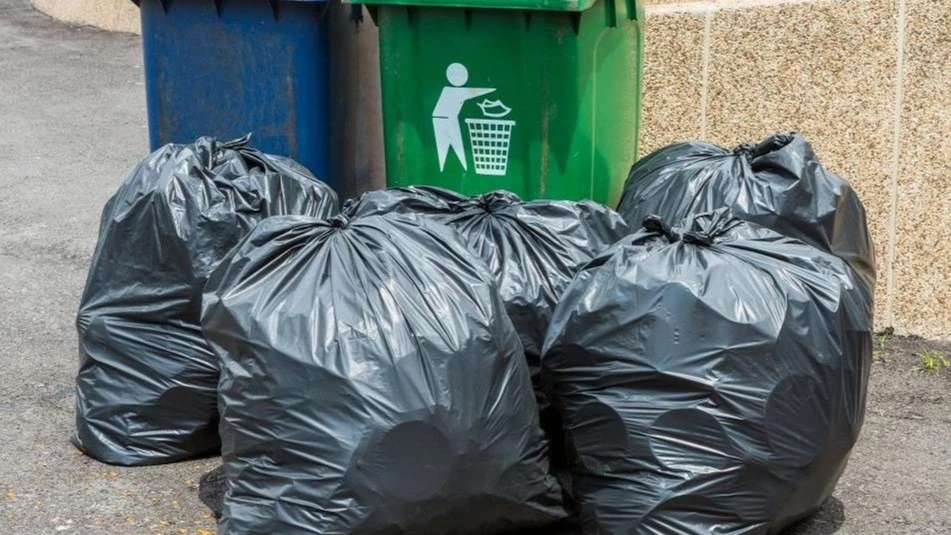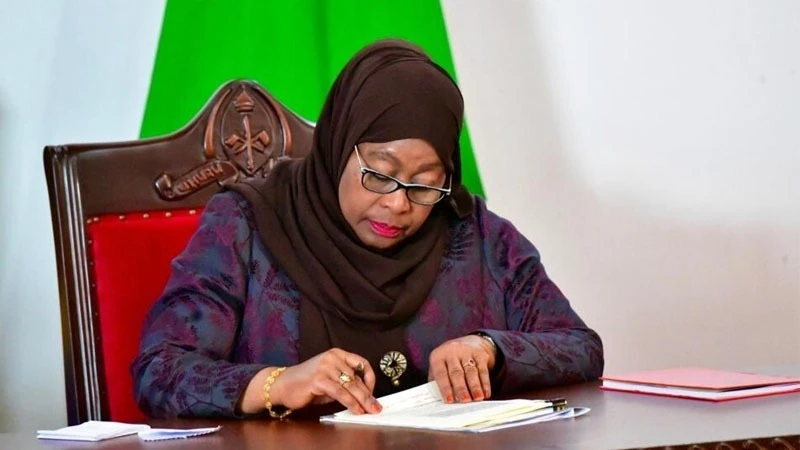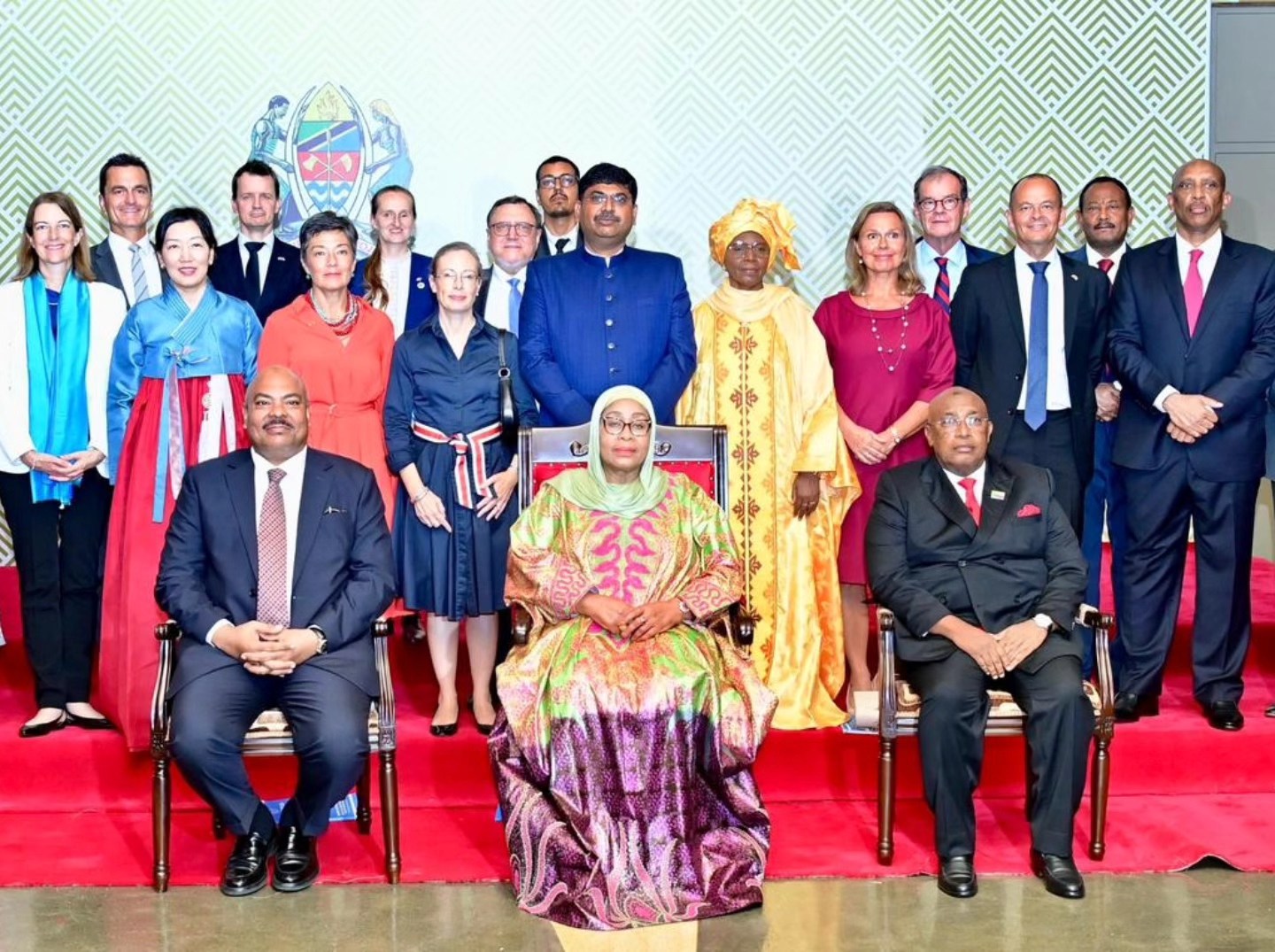NEMC wants separating waste at household level

WASTE separation at household level and insufficient infrastructure for effective waste management plagues the city of Dar es Salaam, the environment regulator has stated.
Hamad Taimur, acting director of compliance and enforcement at the National Environmental Management Council (NEMC), made this assertion at a media training session on city environmental conservation lately.
The city has installed capacity for recycling 65 percent of 4.5 tonnes of solid waste generated per day but it faces challenges including lack of public awareness in waste separation, he said.
This contributes to increased landfill waste despite that much of which could be recycled, he said, pointing at inadequate infrastructure for waste storage, separation, removal, transportation, and disposal.
There is also poor urban planning compliance that hampers the collection of recyclable materials, he elaborated, lamenting the limited adoption of composting, linked to the low availability of organic fertilizers.
Temeke District leads in waste generation, producing 1,494 tonnes daily, followed by Ilala District with 1,320 tonnes, Kinondoni District delivering 982 tonnes, Ubungo District 828 tonnes, and Kigamboni District still at 228 tonnes, he said.
Types of waste being recycled include plastics, paper, scrap metal, aluminium cans, glass and organic waste, with upwards of 8.9 tonnes of organic waste recycled each month.
Upwards of 3,800 tonnes of such waste is processed at the Bonyokwa center, 3,200 tonnes at Vingunguti and 1,500 tonnes at Mabwepande facility, he said, remarking that the government is developing guidelines for solid waste management based on reducing, reusing and recycling potential wastes.
In collaboration with stakeholders, NEMC has established material recovery facilities, while it works on reviewing recently adopted solid waste management and control regulations, he stated.
Efforts are underway to enhance the capacity of officials at the ministerial, regional and district levels to see how to improve solid waste management systems, he said, stressing government commitment to uplift solid waste management capacities.
This has to do with rising waste production driven by urban population growth and economic generating activities, he said,
Environmental responsibility should not rest solely on a few individuals, he said, citing reports demanding that the city’s waste management system be placed on a complete overhaul.
With a population put at 7.4m, the metropolitan city’s urban population is growing rapidly, in tandem with rising waste generation, with nearly 70 per cent of the city’s population residing in informal settlements. This increases the demand for urban services including waste management, he said.
All the waste collected eventually ends up in the Pugu dumpsite located nearly 35 km from the city centre. Collection service schedules in the city are not regular and inefficient, owing to an insufficient number of collection vehicles, traffic hold ups and under-planned infrastructure, he added.
Top Headlines
© 2025 IPPMEDIA.COM. ALL RIGHTS RESERVED






















